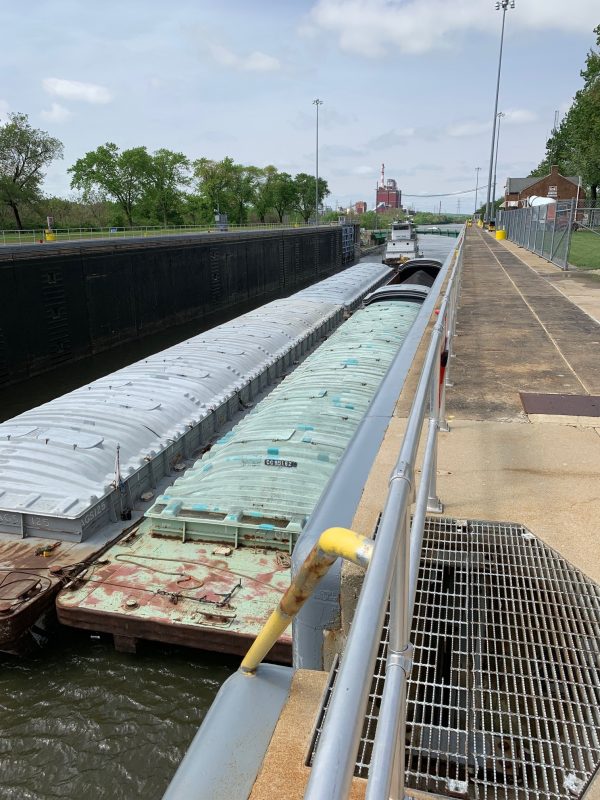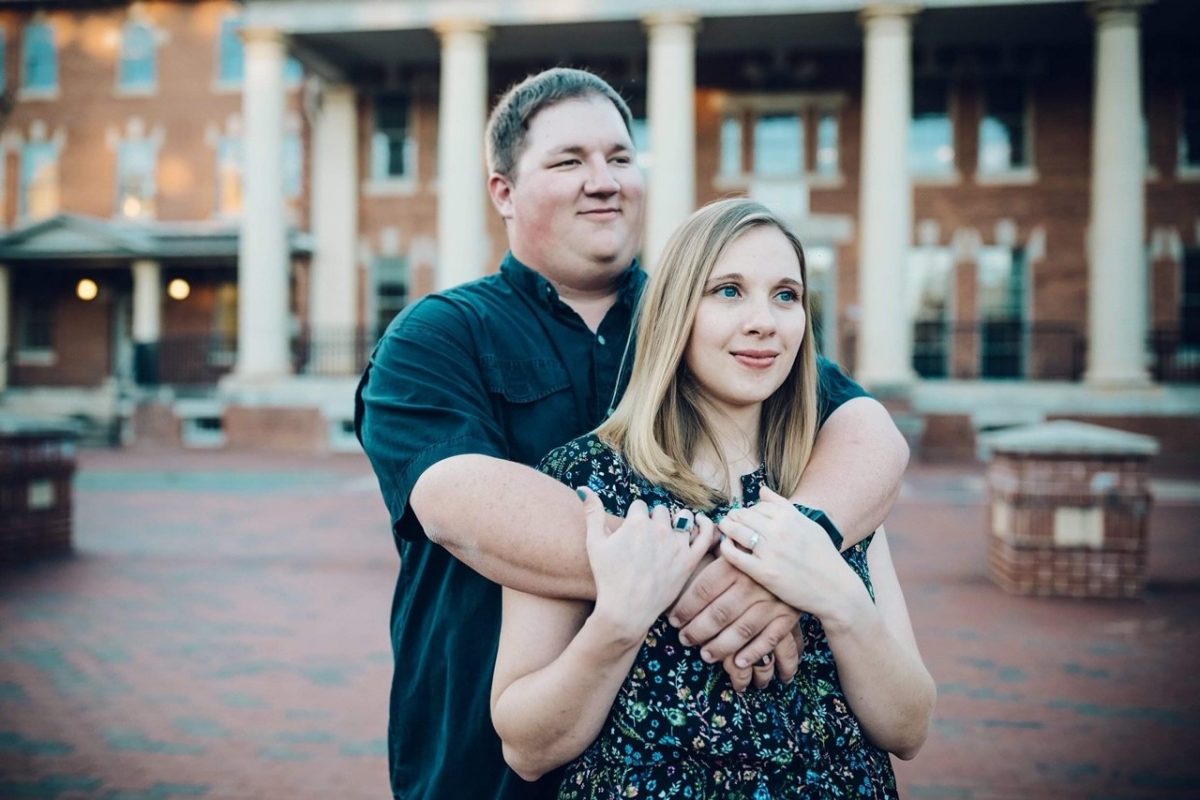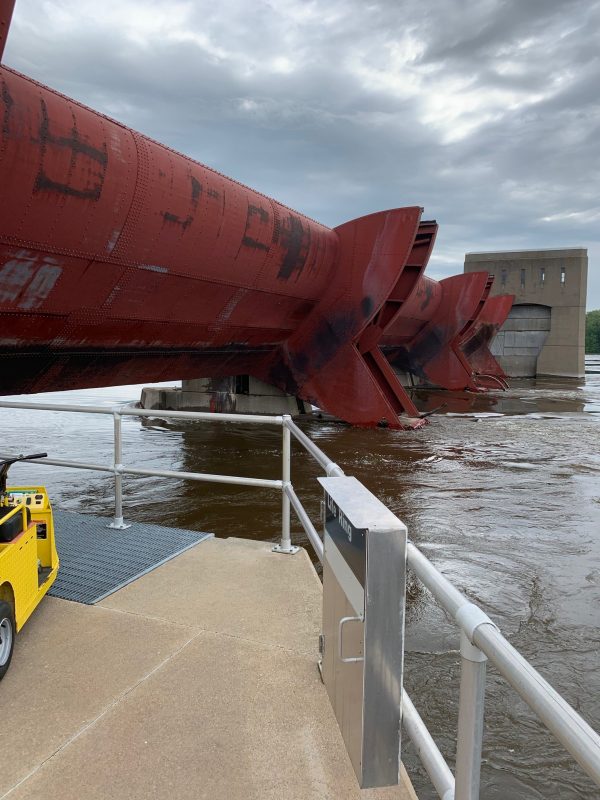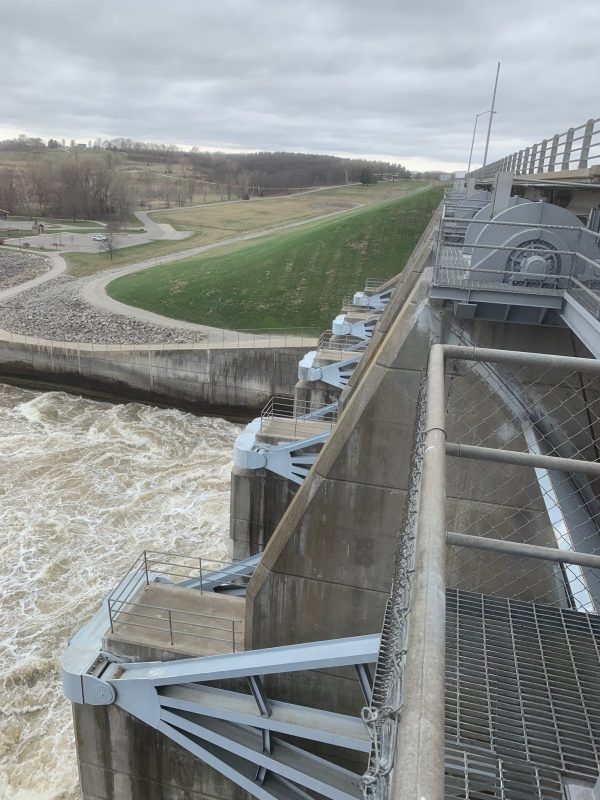Andrew Chuch graduated in December of 2015 with a degree in Biological and Agricultural Engineering Technology (BAET). Currently, he works in the geotechnical engineering branch as a civil engineer for the U.S. Army Corps of Engineers at the district office in Rock Island, Illinois.
What brought you to the Department of Biological and Agricultural Engineering?
I transferred into the BAET program after spending my first two years at NC State in the nuclear engineering program. I chose to transfer into the BAE department over other engineering departments due to the staff within the department. Everyone I met with when looking at options outside nuclear engineering was very friendly and inviting. Dr. Hale met with me several times explaining the difference between the BE program and the BAET program. I ultimately chose the BAET program because it offered a more hands-on type of experience, which is something I desired coming from nuclear engineering where there is very little hands-on work. The department felt like home very quickly after transferring in. Not only were the faculty welcoming, the classmates I had got me more involved very quickly, naming me junior captain of the quarter-scale tractor team my junior year at NC State.

Did you take part in any undergraduate research or internships?
I worked one summer with Dr. Grant Ellington on a monitoring project for tobacco curing barns. Most of my experience with that project involved traveling to farms across eastern North Carolina to install data loggers to monitor the temperature of the air traveling through the barns. We also installed a solar hot water system to aid in the generation of heat in an attempt to lessen the amount of gas required to cure the tobacco.
Outside of BAE I worked as an engineering technician for Mosher Engineering in Raleigh doing construction materials testing. The experience with Mosher Engineering was critical to my career path after college. After graduating in December of 2015 I worked for Mosher Engineering for two years. Following my time there I moved to work for Advanced Civil Design in Cary, NC. There I furthered my experience with surveying learned in Dr. Huffman’s class as well as getting a chance to work as a civil site designer. Following about one year at ACD, I moved to work for Tower Engineering Professionals in Raleigh. At TEP I worked in the division with another BAE grad David Whelan. We were the only division within TEP that did not work on towers. We did site and interior remodels for McDonald’s restaurants to ensure compliance with the Americans with Disabilities Act.
Tell us about your current position.
My latest job move has brought me to the Army Corp of Engineers. I work in the geotechnical engineering branch as a civil engineer at the district office in Rock Island Illinois.
My experience at Mosher Engineering working with concrete and soil combined with the survey and site layout experience helped me secure this position. Rock Island district is a civil works district meaning most of our work is not military, though we do occasionally work on military bases. The majority of our focus is on inland navigation along the Mississippi and Illinois rivers.

Currently, I am the lead geotech on several construction projects in various stages of design and construction. My current projects range from work along the Illinois river to paving operations at a veterans affairs hospital. One example of work that I have done since coming on board with the Army Corp of Engineers is the installation of 10 observation wells at three locks along the Illinois River. These wells required us to drill holes through the concrete lock wall vertically ranging from 34 feet to 48 feet. This was a first of its kind project for the rock island district.
Additionally, I am one of 3 unmanned aerial systems pilots within the rock island district. Using our drones, we are able to survey areas and estimate soil quantities.
Work with the U.S. Army Corps of Engineers has given me the opportunity to travel around the Midwest.
One of the most rewarding trips I have taken was to Beardstown, Illinois during the record flood in June of 2019. We were there to assist people if the water levels rose above the protected height of their levees. The members of the communities that we visited were very welcoming and thanked us many times for being there with them.

What are you most proud of so far in your career?
I am most proud of the variety of experiences that I have gotten early in my career. I feel BAE helped me achieve this by having such a wide variety of courses and disciplines. I also am proud of the fact that I have worked on structures and sites that will have an impact on people well into the future.
How did BAE help you in your career?
BAE helped me in my career by teaching me valuable and marketable skills which employers desired. BAE also gave me a very comfortable and manageable college experience that prepared me for the working world. Dr. Huffman’s courses were looked at as difficult while I was an undergrad. Having worked in both private industry and the government, I would argue his courses prepared me most for deadlines and challenges faced outside the university. BAE also helped prepare me for working with people from all different backgrounds In particular, a fair portion of my job with the USACE is working with farmers during flood events. The farmers don’t always use the method of fortifying their levees that we at the corp would use. My experience with BAE allows me to better see things from their point of view and understand why they do things the way they do as well as discussing agriculture with them gives them a better feeling of comfort, knowing that the engineer working on their projects understands why they want to protect their land and farm.

What advice do you have for current BAE students?
The advice I would have for current students is first, to enjoy college. I made some great friends while at NC State and in BAE. I even met my fiancé while at State and had classes with her in BAE. Second, don’t be afraid of change. As I said, I have had a few different jobs since graduating. Change is uncomfortable sometimes but ultimately it is what helps you grow. And lastly, never forget where you come from and everyone who helped you get there. Thank your friends and parents. They are the ones always in your corner. My family is what allowed me to move to another state to further my career. They are the primary reason I ended up at NC State and in BAE.
